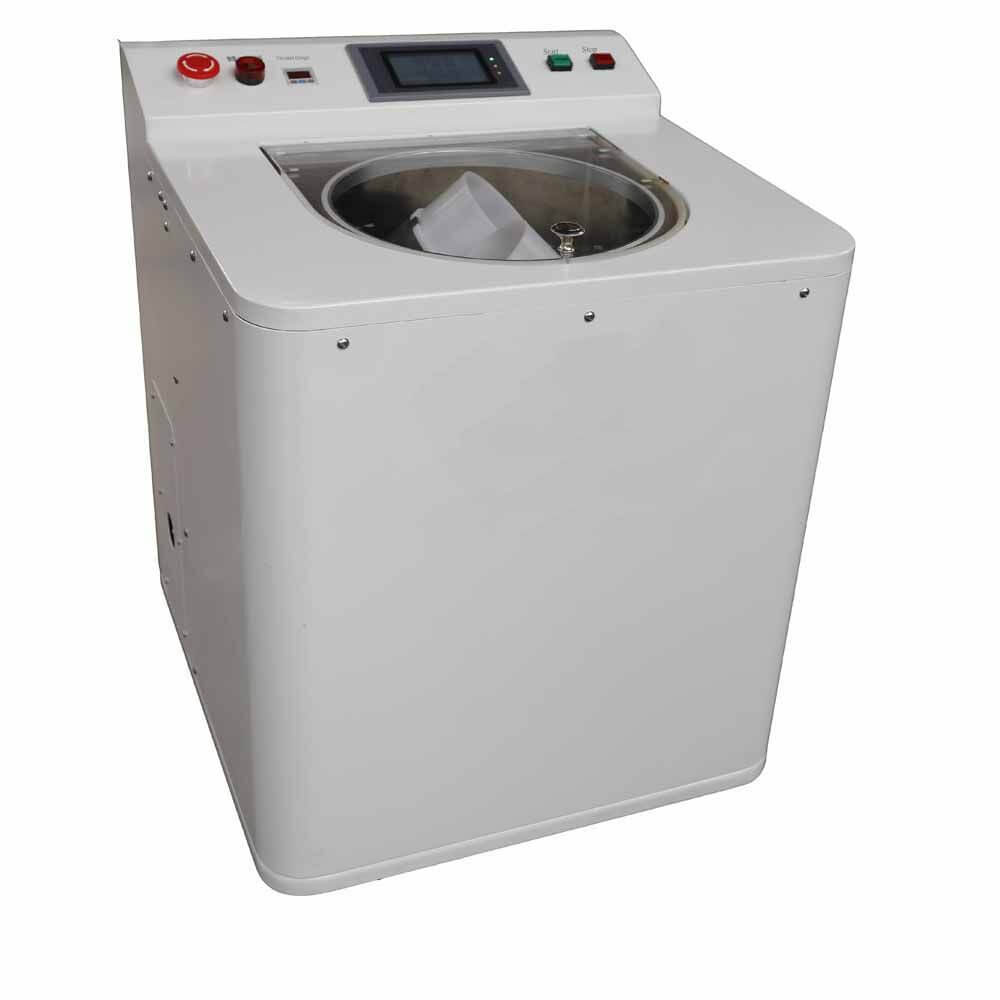

A planetary centrifugal mixer is a specialized laboratory instrument used for mixing, dispersing, and degassing materials in various research and development applications. It is especially useful for producing uniform mixtures, nano-materials, composites, and improving the quality of materials in industries such as chemistry, pharmaceuticals, electronics, and materials science. Here are the key features and functions of a planetary centrifugal mixer:
Mixing Principle: A vacuum centrifugal mixer operates on the principle of centrifugal force combined with planetary motion. It uses multiple containers or vessels that rotate both on their own axes and around a central axis simultaneously.
Uniform Mixing: This mixer is capable of achieving highly uniform mixing and dispersion of materials due to the combination of centrifugal force and planetary motion. It ensures that all components are thoroughly blended.
Versatility: It can be used for various types of materials, including liquids, pastes, powders, and viscous substances, making it versatile for a wide range of applications.
High Speeds: planetary defoaming mixer can operate at high speeds, allowing for efficient mixing and dispersion even in materials with high viscosities.
Vacuum Mixing: Some models are equipped with vacuum chambers, enabling degassing and deaeration of materials to remove trapped air or gas bubbles.
Temperature Control: Advanced models may have temperature control capabilities, allowing researchers to perform mixing and chemical reactions at controlled temperatures.
Interchangeable Containers: These mixers often come with interchangeable containers of various sizes and shapes to accommodate different sample volumes and types.
Safety Features: They typically include safety features such as automatic lid locking, overcurrent protection, and emergency stop functions.
User-Friendly Interface: Many planetary centrifugal mixers are equipped with user-friendly touchscreen interfaces that allow researchers to program and monitor mixing processes.
Applications: Common applications include the preparation of composites, polymers, ceramics, nano-materials, adhesives, and pharmaceutical formulations, among others.
Quality Control: They are valuable for quality control and research and development activities to ensure consistent and reproducible material properties.
Scalability: While primarily used in laboratory settings, some mixers are designed with scalability in mind, allowing for process optimization and potential transition to larger-scale production.
Easy Cleaning: Many mixers have easily removable and cleanable containers, making it convenient to switch between different materials and experiments.
Planetary centrifugal mixers play a crucial role in materials research, product development, and quality control, enabling scientists and engineers to achieve precise and consistent mixing results in their experiments and applications.
No. 5 Nanshan Road, Huli District, Xiamen City, Fujian Province, China
 Subscribe to us
Subscribe to us ONLINE
ONLINE Louis@lithmachine.com
Louis@lithmachine.com +0086 15959378975
+0086 15959378975